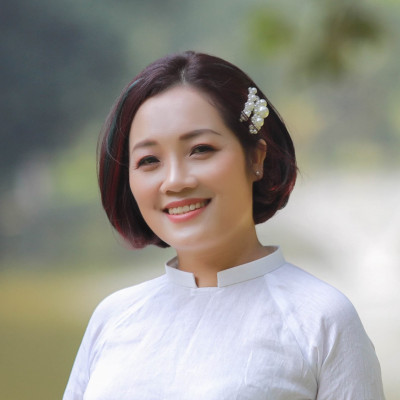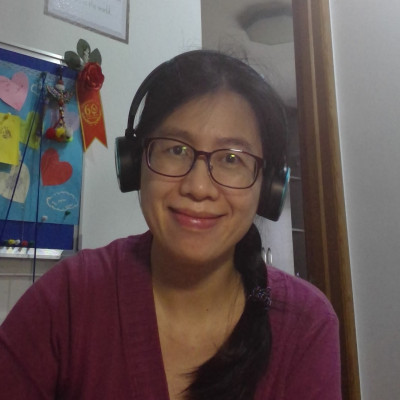Sessions /
In-Class Extensive Reading for Non-English Majors
#335
Sat, Nov 21, 10:45-12:15 JST
| Zoom 29 Posters
You must log in to view sessions
Extensive Reading (ER)
College & University Education
Poster Session
Encouraging non-English majors in Vietnam to read extensively is a big challenge because that necessitates not only resources, time, teachers’ instruction, but also students’ awareness of the importance of extensive reading in learning a second language. With the emphasis on transforming students’ attitudes and motivations to do extensive reading, the paper will share an action research on how in-class extensive reading was done with a group of 30 intermediate non-English majors at Vietnam National University.
Presentation Assets
Poster - In-Class Extensive Reading for Non-English Majors
Download PDF: Poster - In-Class Extensive Reading for Non-English Majors

ULIS.VNU.Vietnam

Vietnam National University, University of Languages and International Studies